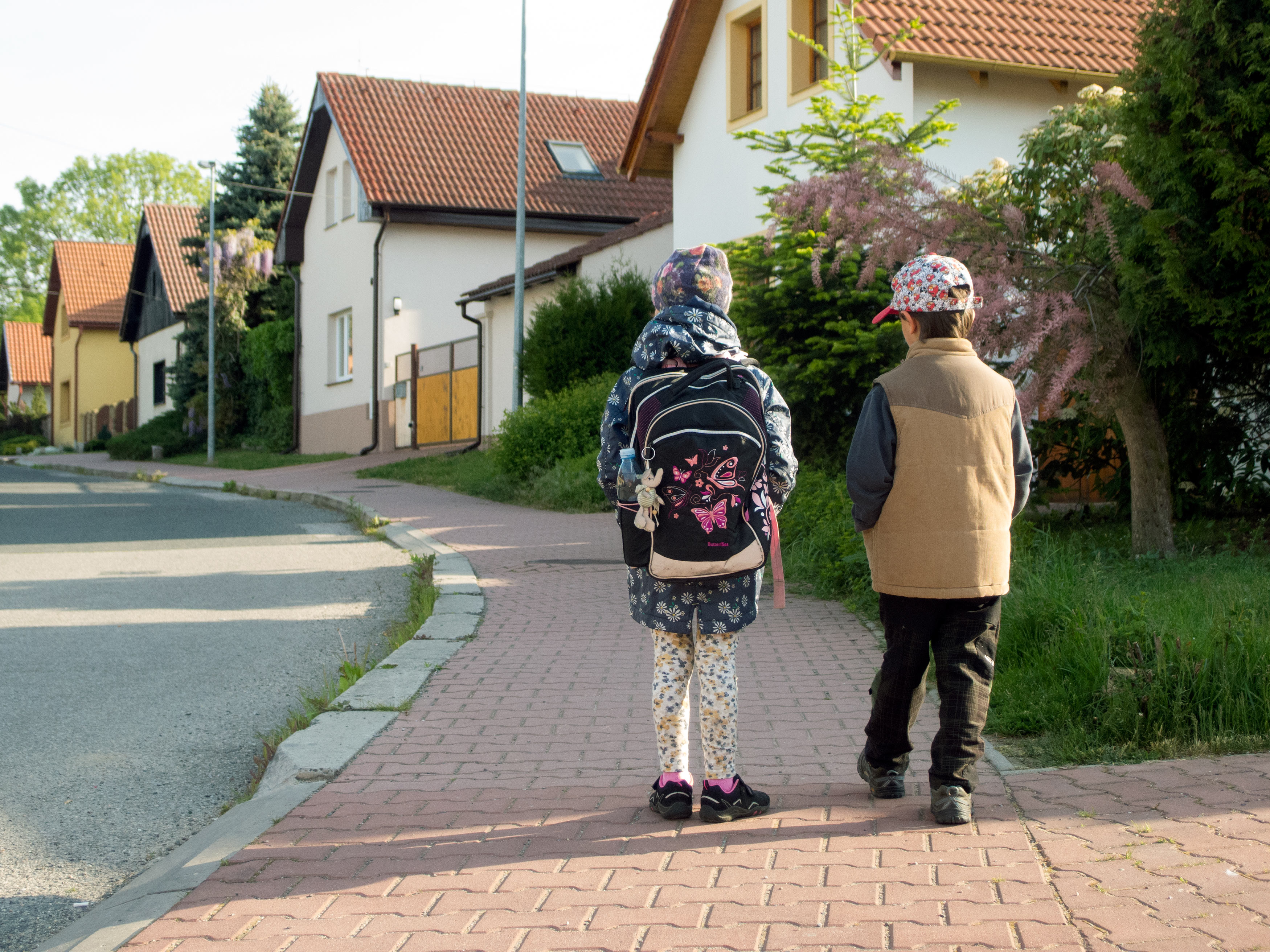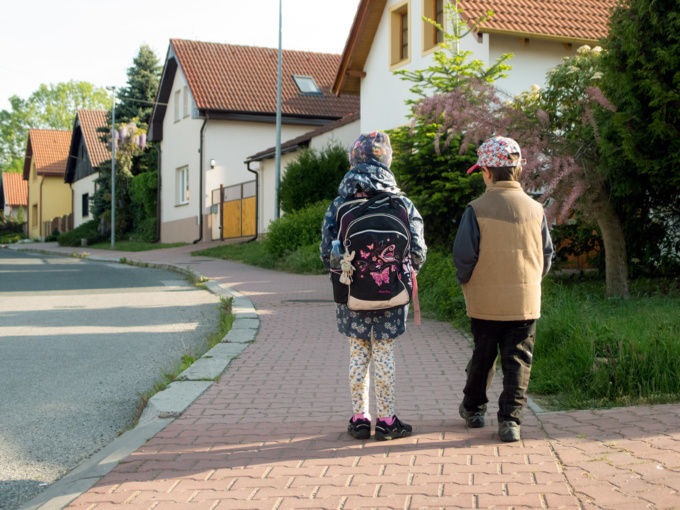The index measures the human capital that a child born today can possess by adulthood, based on an analysis of five indicators. These include the probability of surviving up to five years, the expected duration of schooling for children, grades on a single exam as an indicator of the quality of education, the survival rate of the adult population (the proportion of those who have reached the age of 60 among those who have reached the age of 15) and the percentage of mentally healthy children. Compared to the 2018 version, the HCI 2020 included 17 more countries (174), which allowed it to accumulate data on 98% of the world's population.
As the authors of the report note, since the data for calculating the index were collected before March 2020, it reflects the level of human capital before the start of the coronavirus pandemic - and it could lead to its decline. Then the global index was 56%, the index for low-income countries - 37%, for high-income countries - 70%. However, as the report says, there is a correlation between the index and GDP per capita, but human capital is not always directly comparable with economic development. For example, countries such as Burundi, Estonia, Kyrgyzstan, Uzbekistan and Vietnam performed better than their GDP per capita could predict. Variations in the quantity and quality of schooling are a major contributor to the difference between low- and high-income countries. If the difference between these groups of countries is 33 percentage points, then education accounts for 25 of them. Another difference that is visible globally is between boys and girls. The capital index of the latter is higher by 1.06% - mainly also due to the higher level of education.
The first places in the ranking are Singapore (88%), Hong Kong (81%) and Japan (80%). The top ten also includes South Korea, Canada, Finland, Sweden and Macau (80% each), Ireland and the Netherlands (79%). The last places in the rating are the Central African Republic (29%), Chad (30%) and South Sudan (31%).
source: worldbank.org
As the authors of the report note, since the data for calculating the index were collected before March 2020, it reflects the level of human capital before the start of the coronavirus pandemic - and it could lead to its decline. Then the global index was 56%, the index for low-income countries - 37%, for high-income countries - 70%. However, as the report says, there is a correlation between the index and GDP per capita, but human capital is not always directly comparable with economic development. For example, countries such as Burundi, Estonia, Kyrgyzstan, Uzbekistan and Vietnam performed better than their GDP per capita could predict. Variations in the quantity and quality of schooling are a major contributor to the difference between low- and high-income countries. If the difference between these groups of countries is 33 percentage points, then education accounts for 25 of them. Another difference that is visible globally is between boys and girls. The capital index of the latter is higher by 1.06% - mainly also due to the higher level of education.
The first places in the ranking are Singapore (88%), Hong Kong (81%) and Japan (80%). The top ten also includes South Korea, Canada, Finland, Sweden and Macau (80% each), Ireland and the Netherlands (79%). The last places in the rating are the Central African Republic (29%), Chad (30%) and South Sudan (31%).
source: worldbank.org



















